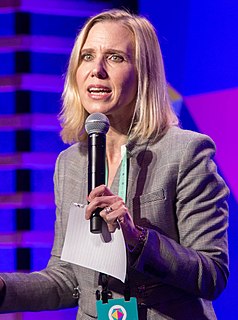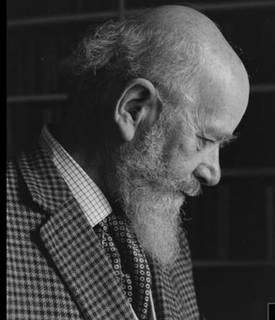A Quote by Marilynne Robinson
Two questions I can't really answer about fiction are 1) where it comes from, and 2) why we need it. But that we do create it and also crave it is beyond dispute.
Related Quotes
Most of what happens in the world is far beyond a dog's comprehension, so they must turn to their faith in us to help them navigate life's treacheries. Don't we, also, have unanswerable questions about the vagaries of modern existence for which the answer is beyond human grasp, so that only our faith can guide us?
The cool thing about Watchmen is it has this really complicated question that it asks, which is: who polices the police or who governs the government? Who does God pray to? Those are pretty deep questions but also pretty fun questions. Kind of exciting. It tries to subvert the superhero genre by giving you these big questions, moral questions. Why do you think you're on a fun ride? Suddenly you're like how am I supposed to feel about that?
My favorite question is 'Why?' I think it can be really helpful - I also think it can be annoying to people at times; I'll admit that. But I really do try to understand why are we approaching it this way, does it makes sense, is this the right answer, why is it the right answer, are there other paths to getting there, could those be better.







































